One of the hardest parts of being owned by a cat is not always knowing exactly how they’re feeling. As typically stoic animals, it can be difficult to tell if your cat is in discomfort or feeling vulnerable in some way—all we can do is learn to read the signs in the form of body language, facial expressions, and vocalizations.
Fortunately, fear is one of the easiest emotions to read in cats. In this post, we’ll explore how to tell if your cat is feeling afraid and share tips on how to calm a stressed-out, anxious cat.

The 4 Common Signs That Show a Cat Is Scared
1. Body Language
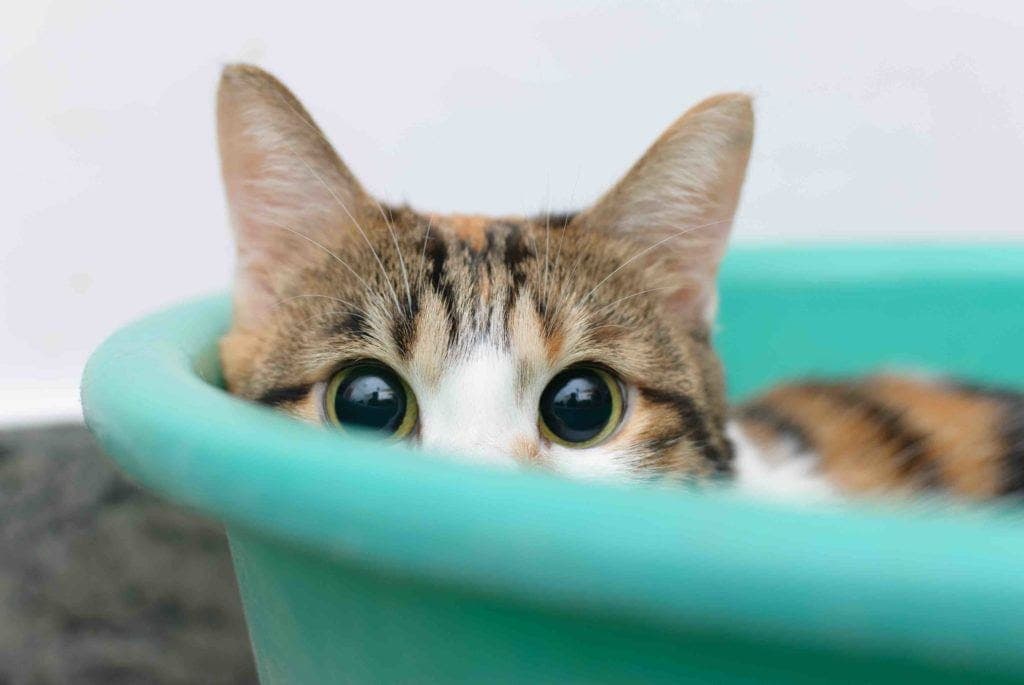
Checking out your cat’s body language is the easiest way to tell if they’re feeling afraid. A frightened cat will either freeze in one spot, run away, or go into self-defense mode. They may crouch, arch their back, puff up their fur, and swish or tuck their tail under or around their body.
The arching of the back and puffing up of the fur make the cat appear larger and, therefore, more intimidating to whatever is threatening them. Some cats flatten their ears down or move them back and forth (to hear better) and flick their tails from side to side. A fearful cat’s eyes will often dilate.
The body language cues of a fearful cat are sometimes a bit tricky to fully understand because they often overlap with those of an angry cat (a cat that’s scared may often lash out as well).
2. Vocalizations
A cat feeling scared or threatened may express this with a range of vocalizations. If you hear your cat growling, hissing, or meowing in a different tone, this is likely a sign that they’re afraid and ready to defend themselves if necessary.
3. Hiding
It’s natural for a frightened cat to seek sanctuary somewhere they can feel safe. If your cat is afraid, they may run away and hide under a bed, in a box, behind a sofa, or anywhere they can escape what has set off their fear.
4. Going Outside the Litter Box
It’s not unusual for anxious or scared cats to pee or poop outside of the litter box. This is a common sign of cat anxiety , so if this happens often, it would be a good idea to take your cat to the vet to find out what’s going on.
If you need to speak with a vet but can't get to one, head over to PangoVet. It's an online service where you can talk to a vet online and get the advice you need for your pet — all at an affordable price!

What Are Cats Afraid Of?
Cats get scared for a variety of reasons. Common things that can set off a cat’s fear response or anxiety include other cats being on their territory, other animals, new people, loud or sudden noises, or new places and smells. Cats are very much creatures of routine, so any interruption in that routine, like a trip to the vet, is enough to set alarm bells ringing for them.
How to Calm a Frightened Cat: 6 Tips
Calming a frightened cat isn’t the easiest of tasks, but there are a few things you can try to reassure them.
- Stay calm. Cats pick up on your emotions, so the more stressed you are, the more stressed they will be.
- Keep things nice and quiet. Your cat needs to be in the most peaceful environment possible right now.
- Make sure there’s a safe, quiet space for your cat to retreat to.
- If your cat goes to hide in their safe space and doesn’t leave it for a while, this is a signal that they want some space. Let them stay there for as long as they need to calm down.
- While some cats prefer to hide, others will seek reassurance from you. If this sounds like your cat, speak in a soothing tone and pet them to help calm them down.
- Avoid surprises where possible—most cats don’t take them well! Let your cat gradually become accustomed to new objects.
Final Thoughts
It’s normal for cats to get scared now and then, especially if they’re meeting a new fluffy friend for the first time or getting used to something new and strange. If your cat persistently shows signs of fear or stress, they may be dealing with anxiety. In this case, your vet is the best person to help you get to the bottom of why your cat is so anxious and recommend a treatment plan.
Featured Image Credit: Mantikorra, Shutterstock
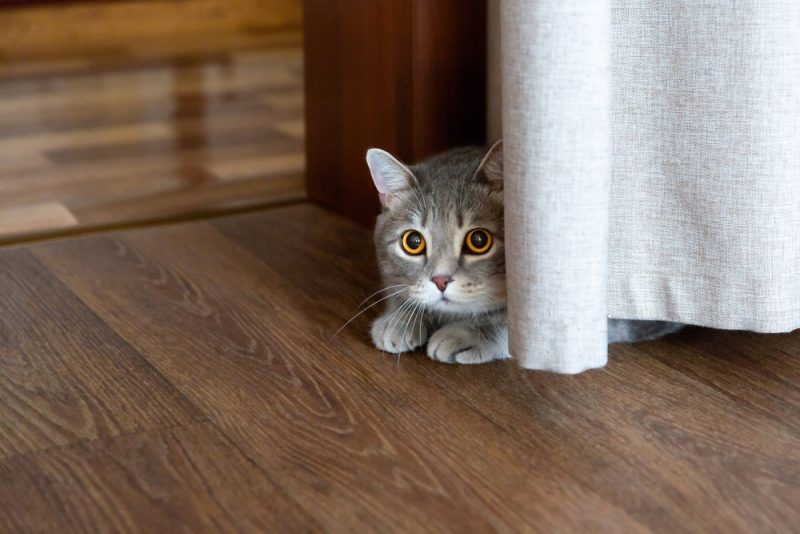






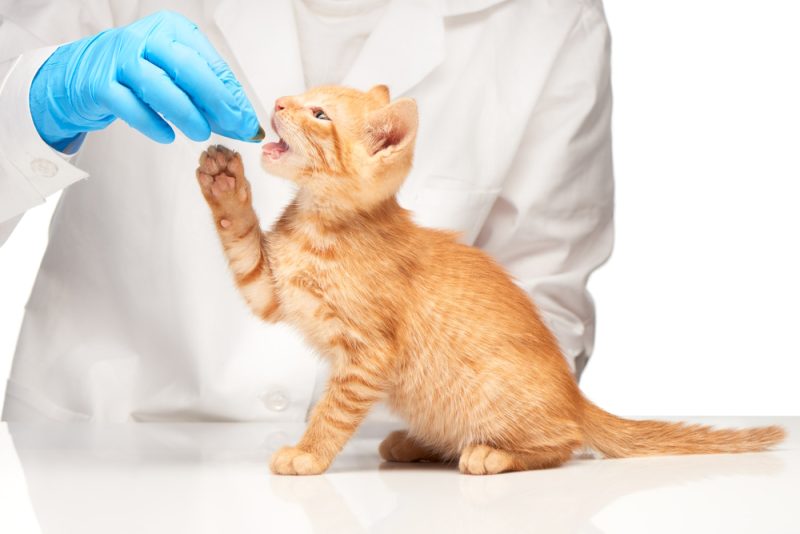


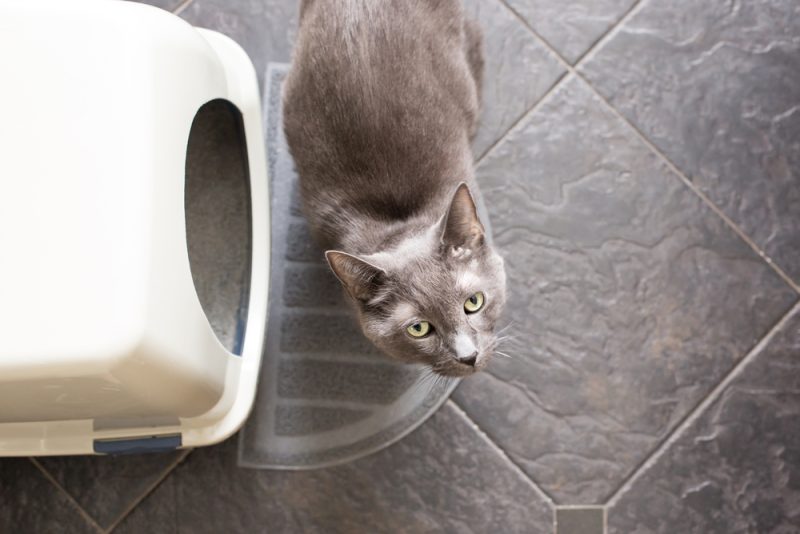
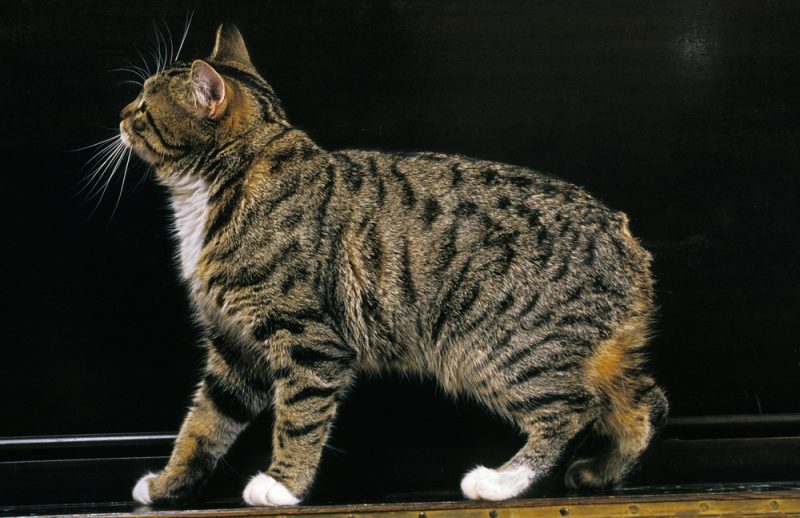


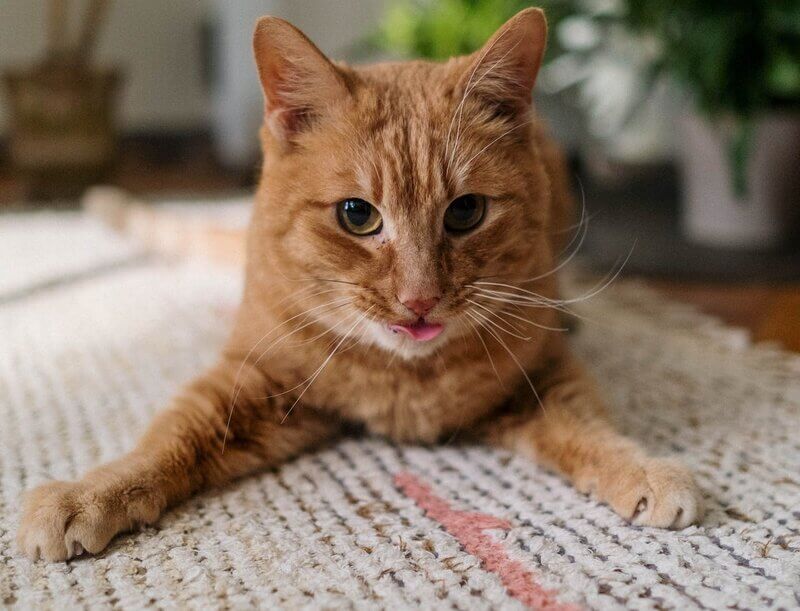

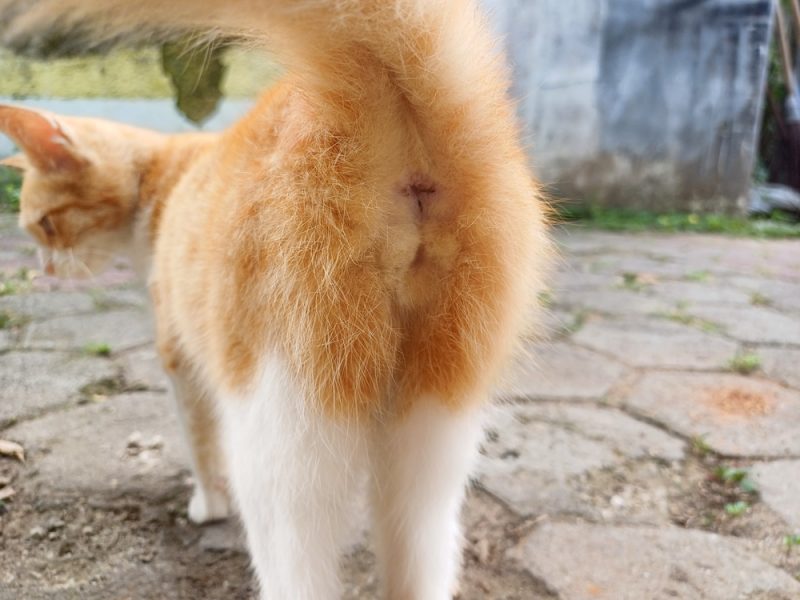
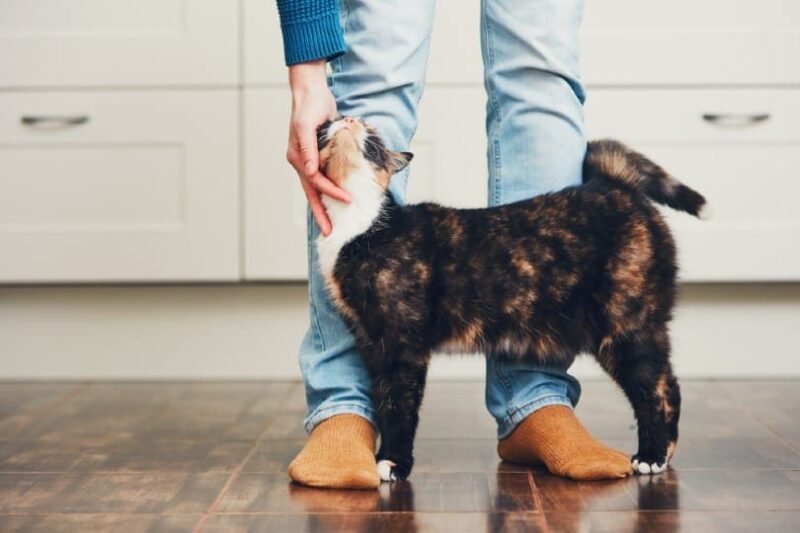
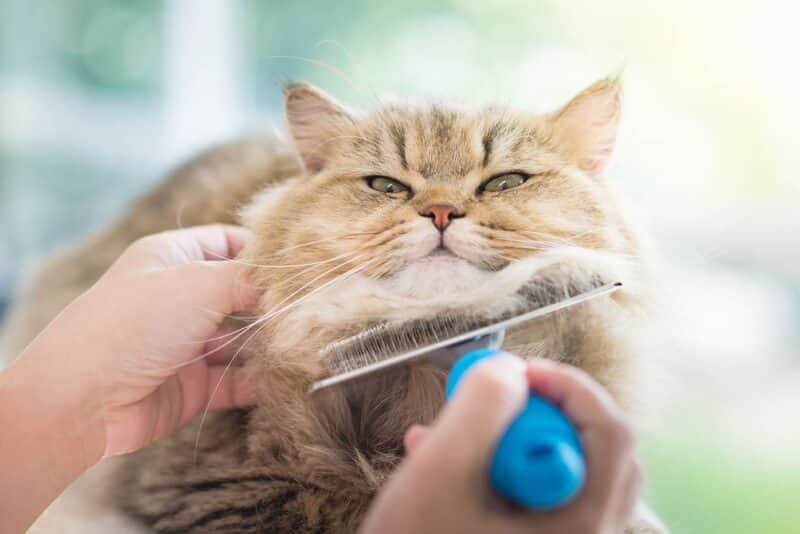
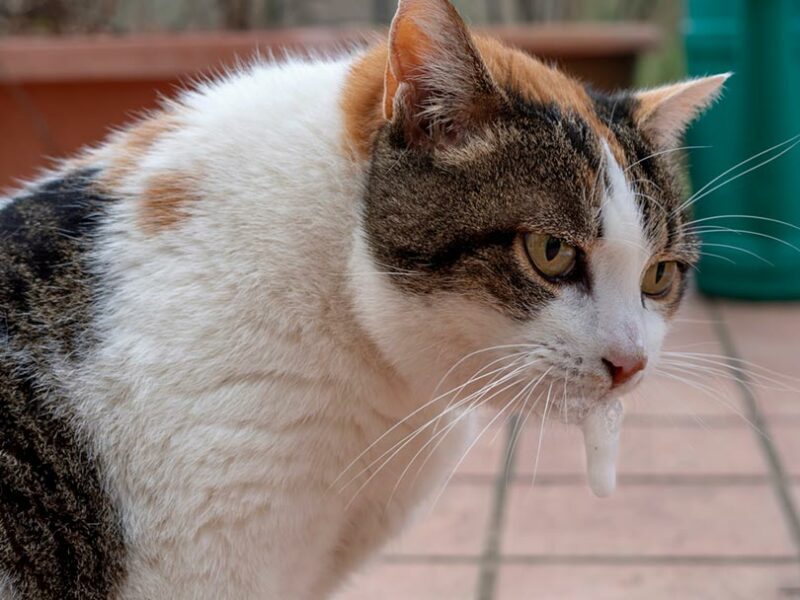

2 Responses
Your response helped a lot and calmed my feelings at least. My cat has been on the floor of the closet for 10 days now and I think a severe thunderstorm affected her plus lengthy severe heat
Thanks for your comment, Patricia Ann Alexander. We are glad you found our post useful. If you wish to have a chat about your cat’s case with a veterinarian, our team is one click away at www.pangovet.com